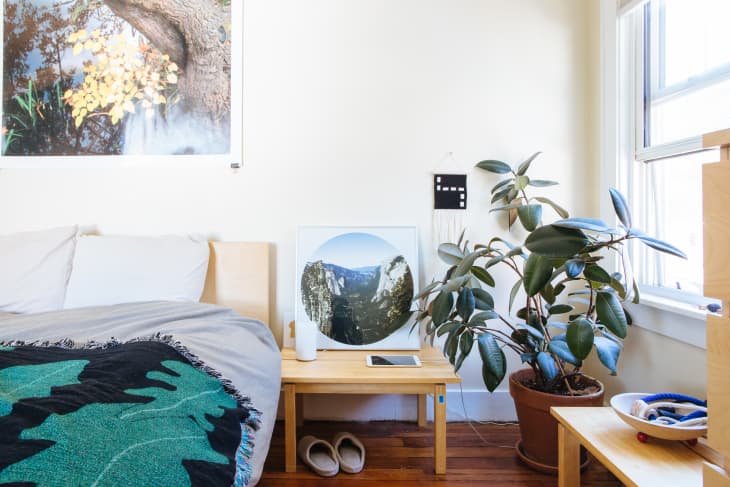What Your Myers-Briggs Type Says About Your Bedtime Routine

It turns out the secret to your particular recipe for quality sleep may run deeper than just a day-to-day preference. In fact, a survey from Mattress Advisor analyzing pre-sleep routines against Myers-Briggs personality types suggests that we’re all already hardwired for specific pre-bedtime decisions – and that it has a lot to do with our innate dispositions.
While the Myers-Briggs personality assessment is a way to understand how people perceive the world and make decisions, using it to gain extra insight into bedtime routines is kind of genius. I mean, who doesn’t love to scrutinize their life via personality type?
Don’t know your type yet? You can take the official MBTI assesment online.
So hold onto your hats, because we’re about to do a deep dive into some too-legit-to-quit Myers-Briggs vs. bedtime analysis.
The Big Bedtime Picture
Before we go any further, it’s probably best we take a look at the big bedtime routine picture. Below is a complete breakdown of the preferred habits of each personality before they head to bed. I’ll confess: At first glance, I was skeptical. I’m an INFP whose first choice of pre-sleep routine definitely includes a good book (as opposed to listening to music, as the survey results suggested), but it didn’t take long for me to consider the dozens (and dozens) of nights I’ve fallen asleep with a pair of headphones in. Plus, my INTJ husband can almost always be found in bed, cruising the internet via iPhone, just as predicted. Two points to the survey.
Bedtime Routines by Personality Trait
Extrovert or introvert? Feeling vs. thinking? Here’s how your personality traits might influence your evening routine.
Energetic Unwinding
It’s no secret introverts and extroverts recharge differently. But it turns out they unwind differently, too. According to the survey, extroverts carry their high-energy reputation all the way to the bedroom – they exercise before falling asleep 9.3 percent more often than their introverted counterparts. They’re also 11.6 percent more likely to indulge in another kind of late-night activity: sex.
Sensing Sleepytime
One of the biggest personality trait divides in the survey results? The difference between how sensing respondents and intuitive respondents (the “S” and “N” in the MBTI) settle in for the night. Sensing respondents were more likely to turn to physical wind-down aids, while intuitives generally picked more internal or artistic options. For example, sensing types opted for hard liquor, coffee and baths in greater numbers, and intuitives favored reading, listening to music and meditation – decisions that fall right in line with their respective traits (in Myers-Briggs, sensing is much more closely related to physical detail, while intuition hinges on patterns and meaning).
Feeling Like Tea
Although the differences between thinkers and feelers are pretty negligible on the bedtime routine front, there was one pre-sleep habit that appears to create quite the divide: drinking tea before bed. Feelers consumed tea before bed 11.2 percent more frequently than thinkers. Who knew a mug of herb-infused water could evoke so much bedtime happiness? (Also, guilty. Rooibos and I are long-standing pre-sleep pals.)
Perceptions of Contentment
Does your bedtime routine include indulging in a beer – or sipping some hard liquor? It’s safe to guess you’re a perceiver! Turns out that perceivers are 11.6 percent more likely to grab a beer and 5.4 percent more likely to drink hard liquor before bed than their judging counterparts. And while both personality traits are associated with working before lights-out, perceivers are slightly more likely to pull out their laptops, too. As a P myself, I’d like to encourage all my fellow perceivers to skip the extra blue light and enjoy that pre-bedtime beverage on its own, whether that means cozying up to beer, bourbon, or herbal tea.
So, what’s your Myers-Briggs type? Was the survey right about your bedtime routine?
Edited from a post originally published 2.4.18 — TW